22 November 2023

EMBL scientist Oliver Stegle explains how AI-based tools have the potential to transform our ability to better understand the complexity of life and how these tools will shape the future of life science exploration.
LAB MATTERSPEOPLE & PERSPECTIVES
2023
lab-matterspeople-perspectives
31 October 2023
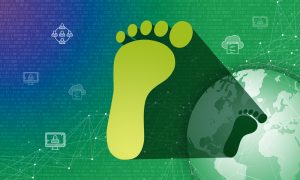
As science increasingly relies on big data and AI tools, the carbon footprint of computational work is on the rise
26 October 2023
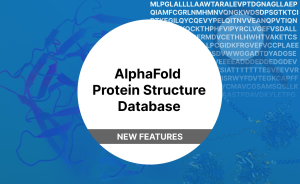
In response to user community demands, the AlphaFold Protein Structure database has introduced sequence-based search and cluster members.
2023
updates-from-data-resources
19 September 2023
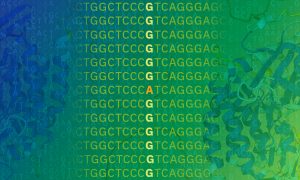
Ensembl Variant Effect Predictor integrates Google DeepMind’s new AlphaMissense Database for better predictions of genetic variant pathogenicity.
SCIENCE & TECHNOLOGY
2023
science-technologytechnology-and-innovation
22 June 2023
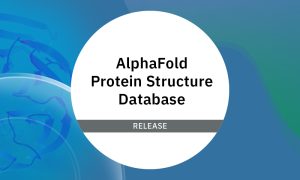
The AlphaFold Database boasts improved user experience, including better search filters and an improved 3D viewer.
2023
updates-from-data-resources
2 November 2022

Researchers across EMBL are helping to make artificial intelligence (AI) models for bioimaging analysis interoperable and openly available to the scientific community.
2022
announcementsscience
13 October 2022
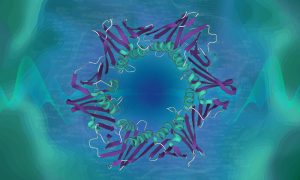
Over 40 million protein annotations have been added to the UniProt database using a Google Research natural language processing model.
2022
technology-and-innovation
22 August 2022

Ewan Birney, Deputy Director General of EMBL and Director of EMBL-EBI, reveals the key factors that enabled AlphaFold to change the world of biology.
PEOPLE & PERSPECTIVES
2022
people-perspectivesperspectivesscience
5 May 2022
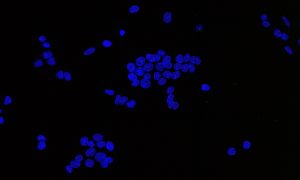
Virginie Uhlmann shares her tips for using deep learning for bioimage analysis in the life sciences.
SCIENCE & TECHNOLOGY
2022
perspectivessciencescience-technology
4 March 2022
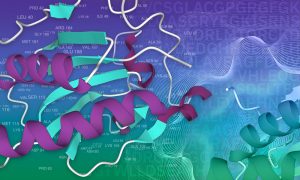
Deep learning models can improve protein annotations and has helped expand the Pfam database.
SCIENCE & TECHNOLOGY
2022
perspectivessciencescience-technology
7 February 2022

DeepMind visits EMBL Heidelberg to discuss current and future implications of Artificial Intelligence for life science research.
SCIENCE & TECHNOLOGY
2022
sciencescience-technology
19 January 2022
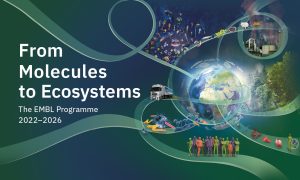
EMBL announces details about its next programme, ‘Molecules to Ecosystems’. It will guide studying life across scales and in context with changing environments.
EMBL ANNOUNCEMENTSLAB MATTERS
2022
announcementsembl-announcementslab-matters
17 December 2021
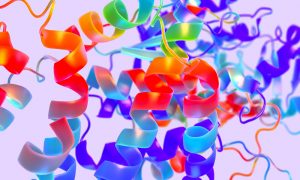
The systematic application of AI in life sciences as in the AlphaFold algorithm for predicting protein structures has been named '2021 Breakthrough of the Year' by Science magazine.
SCIENCE & TECHNOLOGY
2021
sciencescience-technology
22 July 2021
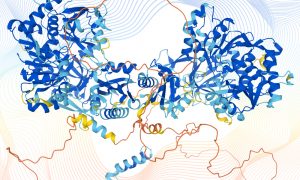
Partners use AlphaFold, the AI system recognised last year as a solution to the protein structure prediction problem, to release more than 350,000 protein structure predictions including the entire human proteome to the scientific community.
SCIENCE & TECHNOLOGY
2021
sciencescience-technology
3 March 2021
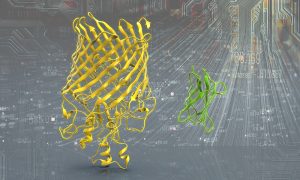
Thousands of new protein structure models, prected using deep learning, now available to explore
SCIENCE & TECHNOLOGY
2021
sciencescience-technology
4 December 2020
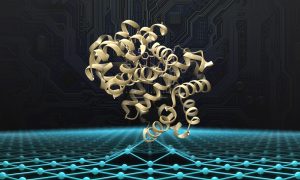
How artificial intelligence can help us solve the mysteries of the protein universe
SCIENCE & TECHNOLOGY
2020
sciencescience-technology
23 October 2020
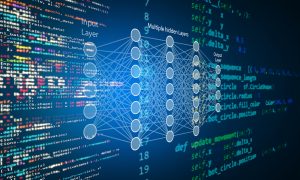
Why should researchers make artificial intelligence more transparent and how can they do it?
LAB MATTERSSCIENCE & TECHNOLOGY
2020
lab-mattersscience-technology
6 October 2020
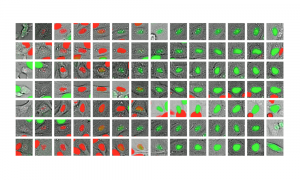
Members of an EMBL-led research group with collaborators in Estonia and Russia have built and trained a deep learning model to better understand how cells grow and divide.
SCIENCE & TECHNOLOGY
2020
sciencescience-technology
No results found

















